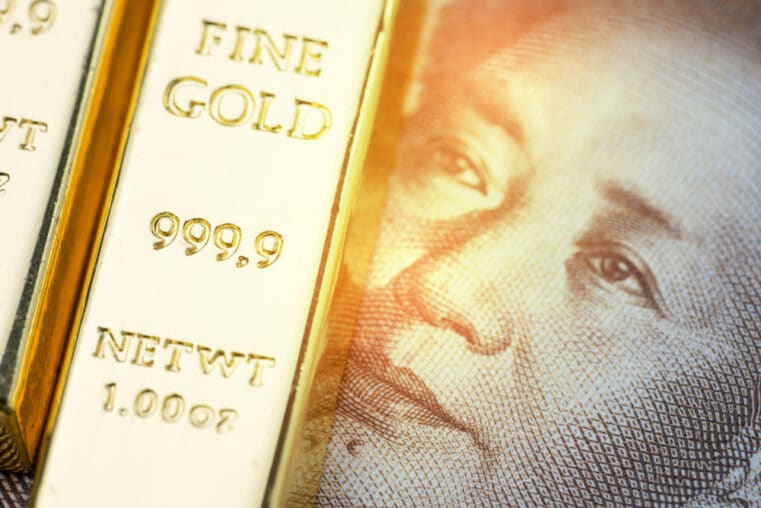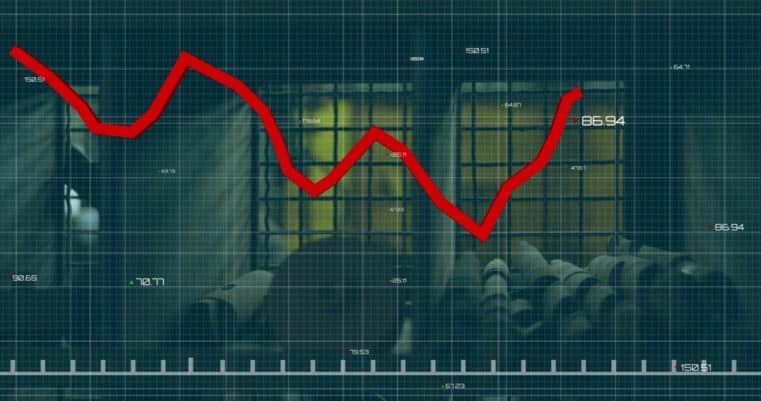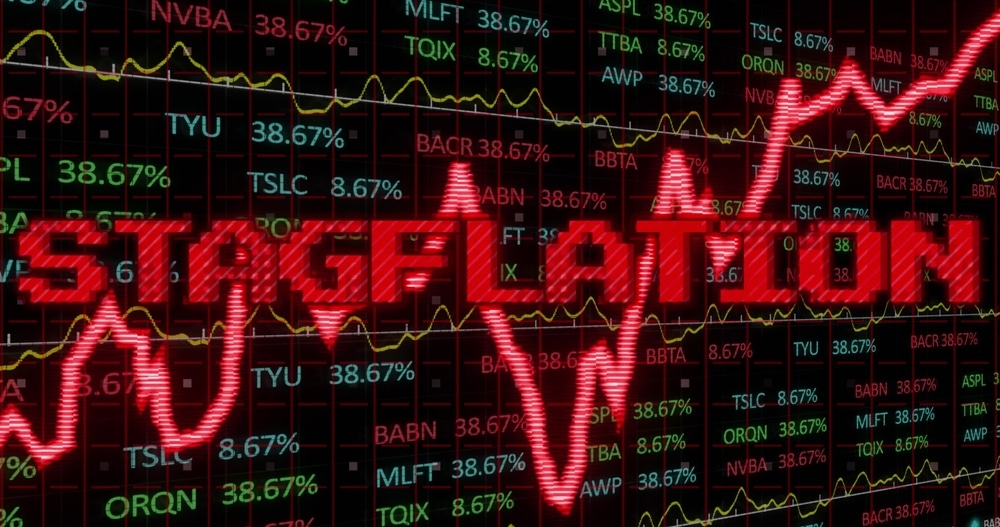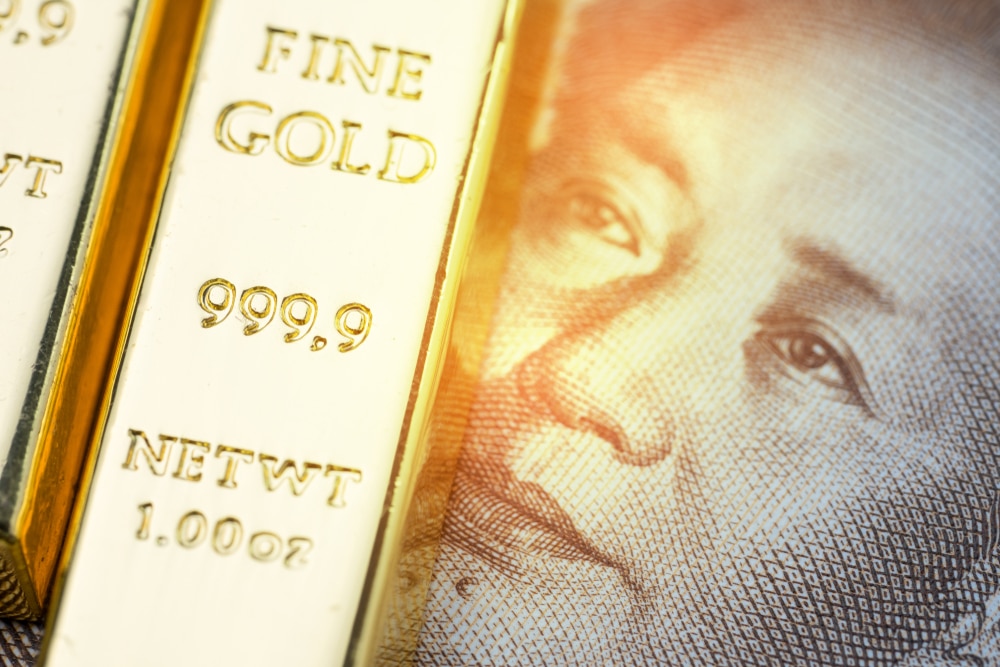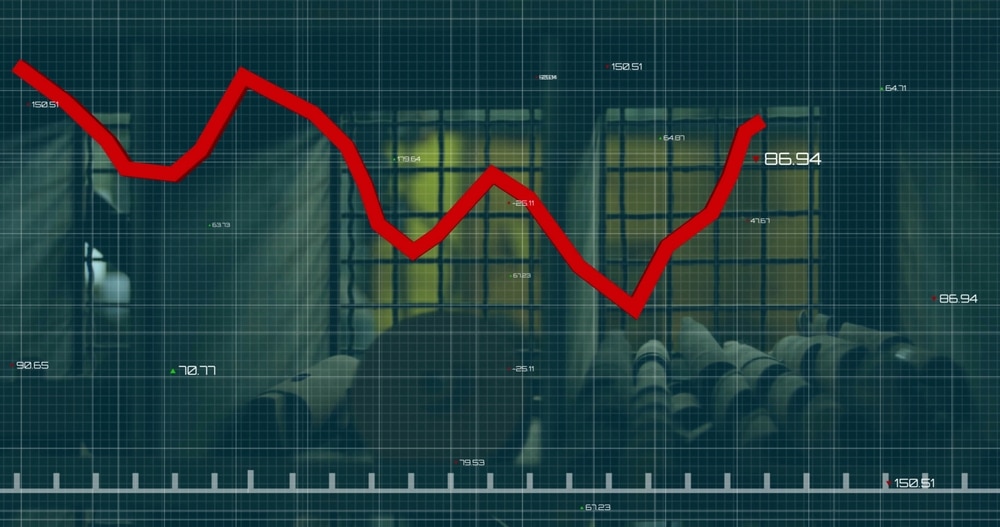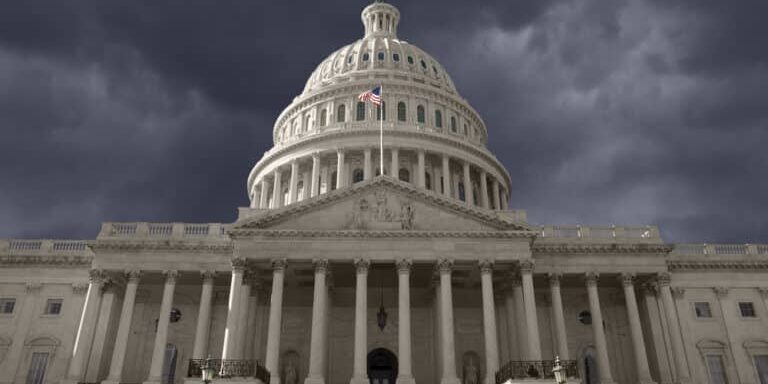
The Inevitable Collision: Centralization’s Grip and the Last Stand for Economic Freedom
The Centripetal Machine: How Centralization Tightens Its Noose
Centralization is not merely a bureaucratic curiosity—it’s the gravitational force that pulls wealth and power into the hands of the few, inevitably at the expense of everyone else. From the moment early humans gathered into settlements, there has been a relentless drive to consolidate resources and dictate the terms of trade, taxation, and governance. Ludwig von Mises saw it clearly more than a century ago: the pressures of commerce and the hunger for order have always provided cover for the creeping uniformity of law, currency, and standards—tools that, once entrenched, become impossible to dislodge without upheaval.
Look no further than America itself. What began as a federation of states with fiercely guarded autonomy evolved into a continent-spanning empire under Washington’s thumb. By the 19th century, the federal leviathan had grown fat on war, conquest, and regulatory capture, reducing state sovereignty to a ceremonial fiction. The European Union offers a parallel cautionary tale: a project sold as a free-trade pact that quietly metastasized into a would-be superstate, eager to dictate policy across borders under the guise of “integration.”
Today, the same impulse has scaled up again. Supranational institutions—central banks, the IMF, the World Bank—pursue a vision of planetary governance, a single architecture of compliance, surveillance, and control. This is not conspiracy theory. It is the documented ambition of those who champion “global governance,” the same ideology that parades as progress while hollowing out every remnant of local autonomy.
The Centrifugal Rebellion: Decentralization’s Enduring Appeal
Yet human societies have never submitted quietly. Decentralization is the countervailing force—the centrifugal energy that erupts whenever centralized authority grows too intrusive or incompetent. Mises called the market process “anarchic,” but he meant it as praise: decentralized decision-making is the only system proven to allocate resources efficiently and respect individual sovereignty. When buyers and sellers can negotiate without coercion, when communities can establish their own norms, prosperity flourishes.
History records countless moments when centralization overreached and the dam broke. The Roman Empire decayed under the weight of its own bureaucracy. The Tang Dynasty in China imploded as corrupt elites squeezed peasants beyond endurance. The Enlightenment, fueled by resentment against absolutist monarchies and mercantilist controls, sparked revolutions that shattered old orders.
We are living through such a moment again. The “unipolar moment” following the Cold War birthed an unprecedented consolidation of financial and political power in the hands of Western elites. Their crusade to homogenize the world’s laws, currencies, and governance structures is already fraying. Popular backlash against suffocating taxation, inflationary monetary policy, and digital surveillance is surging. Entire nations—Russia, China, and a host of smaller economies—are breaking ranks, forming parallel trade systems and payment networks. Even within the United States, secessionist sentiment simmers beneath the surface.
A Choice, Not a Destiny
It would be a mistake to assume these tides are inevitable. The contest between centralization and decentralization has never been decided by historical determinism alone. It is a battle of ideas and the courage to act on them. As Mises insisted, our era demands involvement—a willingness to challenge the narratives that rationalize top-down control and to defend the principles of voluntary association and market freedom.
If you recognize the danger ahead—if you refuse to see your wealth, your privacy, and your rights swallowed by centralized institutions—then you have to prepare. You must educate yourself, protect your assets, and join communities committed to resisting this decline.
Bill Brocius has spent decades distilling practical steps for doing exactly that. I encourage you to download his indispensable guide, 7 Steps to Protect Your Account from Bank Failure here. If you’re ready to go deeper, read End of Banking As You Know It and subscribe to Bill’s Inner Circle newsletter—only $19.95—to receive uncensored analysis and direct strategies to reclaim your financial independence before the next crisis hits.
Take action now, before the centripetal machine tightens the noose any further.





